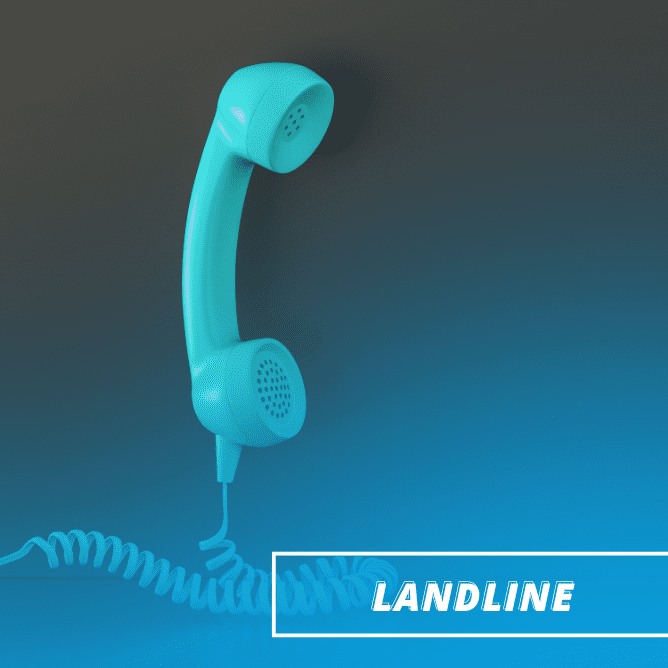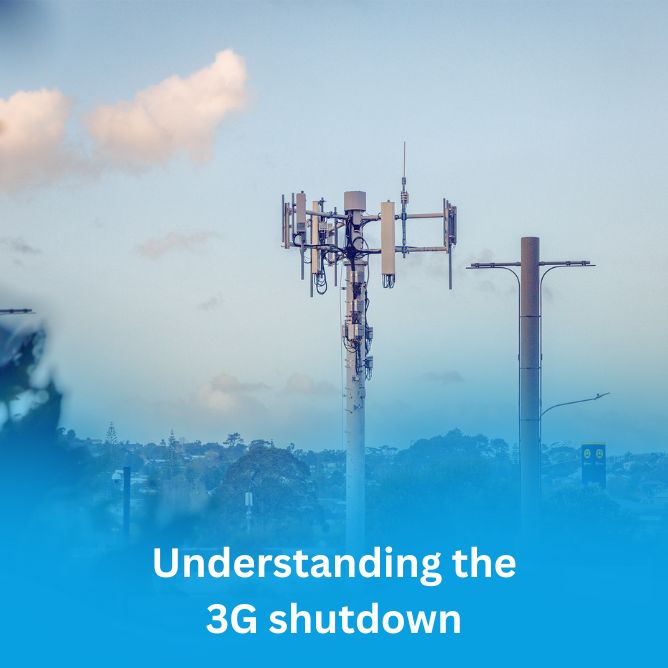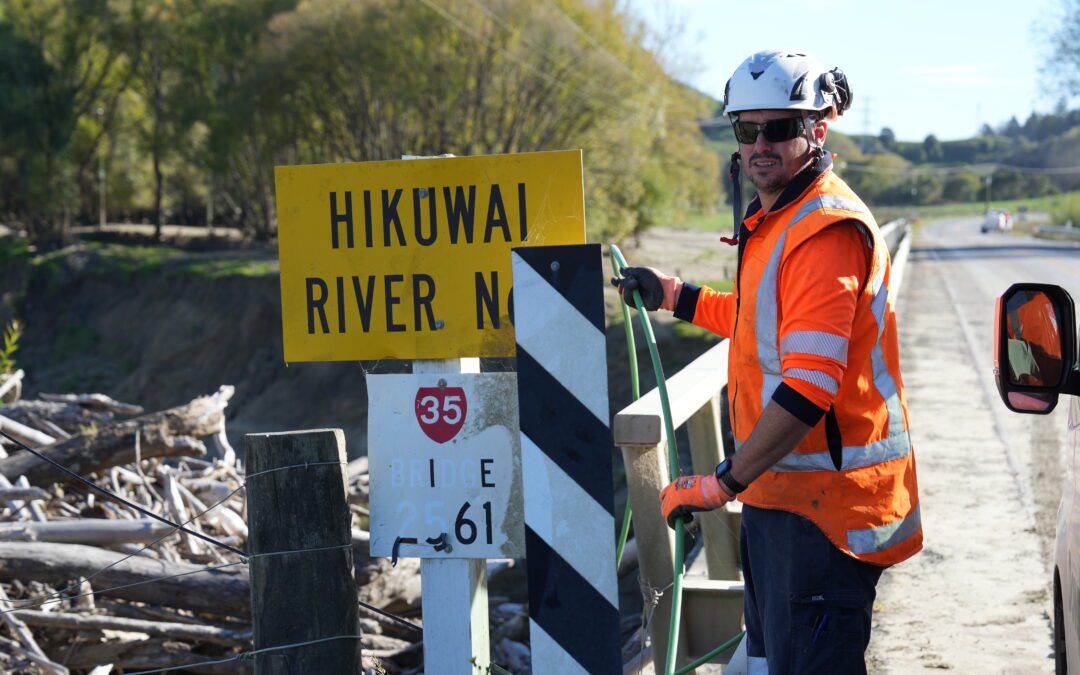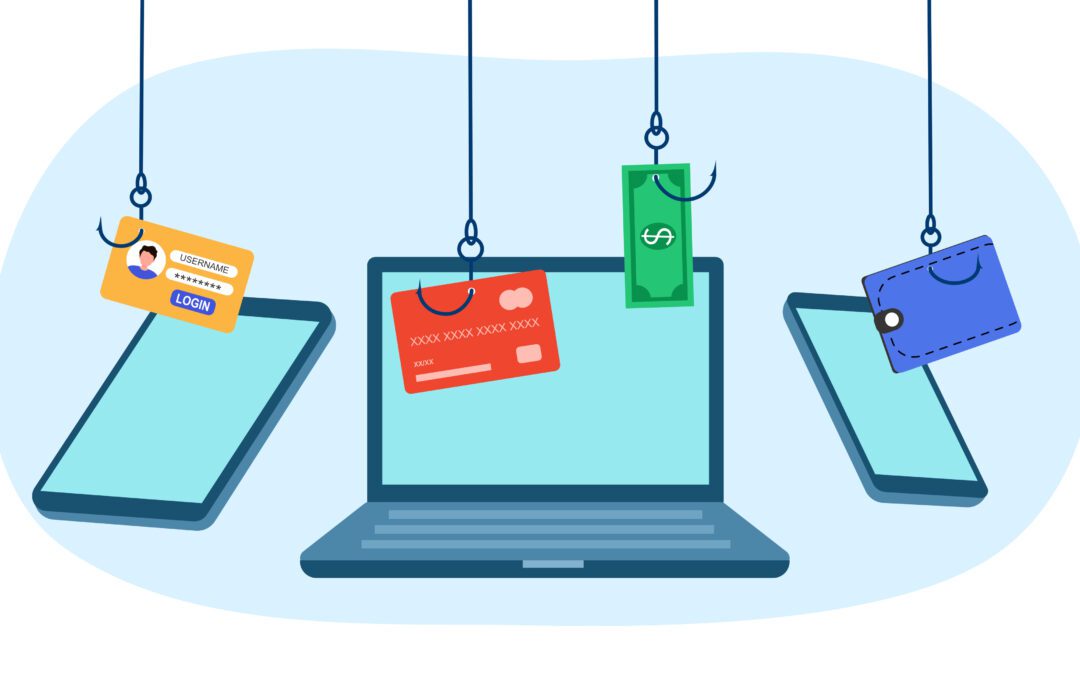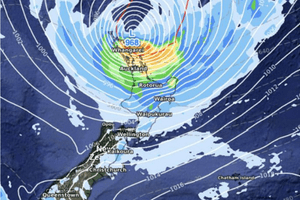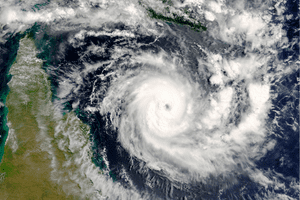Every year in the lead up to Christmas there is a spike of second hand mobile phone sales online. Christmas is a time for joy and festivities however it is also the time of year fraudsters take advantage of genuine online shoppers.
We see a lot of phones sold “as new” that may have been reported stolen or lost or otherwise have ended up on the blacklist which means those devices will not work in New Zealand on any of the mobile networks.
What is an IMEI number?
Each mobile device has a unique number encoded into it that identifies that device to the network. The International Mobile Equipment Identity (IMEI) is printed on every mobile device and is part of its firmware – which means the device can be identified and blocked by networks if the phone is listed as stolen.
The international blacklist scheme
In New Zealand we are part of an international blacklist scheme which means even if the phone was stolen overseas and presented here in the local market, it won’t work.
The good news is, you can check the phone’s IMEI against our blacklist to make sure it’s not stolen. The service is free and only takes a few seconds to use. The bad news is, if you’ve already bought it you’re stuck with a piece of technology that will not work, so check before you buy.
Stolen phones are just one thing to look out for at this time of year. With so much shopping moving online we’re seeing a spike in online scams as well.
Online scams on the increase
Cert NZ reports $8.9 million was lost to online scams between July 1 and September 30 this year. That’s the largest amount since records began five years ago.
A recent survey on Facebook marketplace reveals one in six respondents have been defrauded on the site.
Stolen items are turning up on sites like Facebook Marketplace, eBay and Trade Me and that means a gift you got or an item you purchased cheap could be part of a police report. It’s becoming more common that professional thieves work in groups to steal tens of thousands of dollars of merchandise, sometimes over several months, then turn to online marketplaces to sell it.
A recent 1News report suggests that with the cost of living going up, scammers are taking advantage of New Zealanders looking to cut costs this holiday season.
So, if someone is selling that new iPhone or top of the line Samsung for a significantly cheaper price then clearly it is too good to be true.
Top five tips for people on the hunt for a second hand mobile
- Only purchase new or second hand phones from trustworthy sources – such as registered mobile dealers.
- If you are buying second hand, always check the status of the handset on the TCF website first.
- You can obtain your 15 digit IMEI number by pressing *#06# on your mobile phone. Alternatively, the IMEI number should also be on a white label found underneath the battery of the device.
- If you lose your phone or you think it has been stolen, report this as soon as possible to your mobile provider.
- If the price seems too good to be true it probably is.
To quickly check the status of any mobile on the New Zealand network, visit: Mindyourmobile.co.nz




